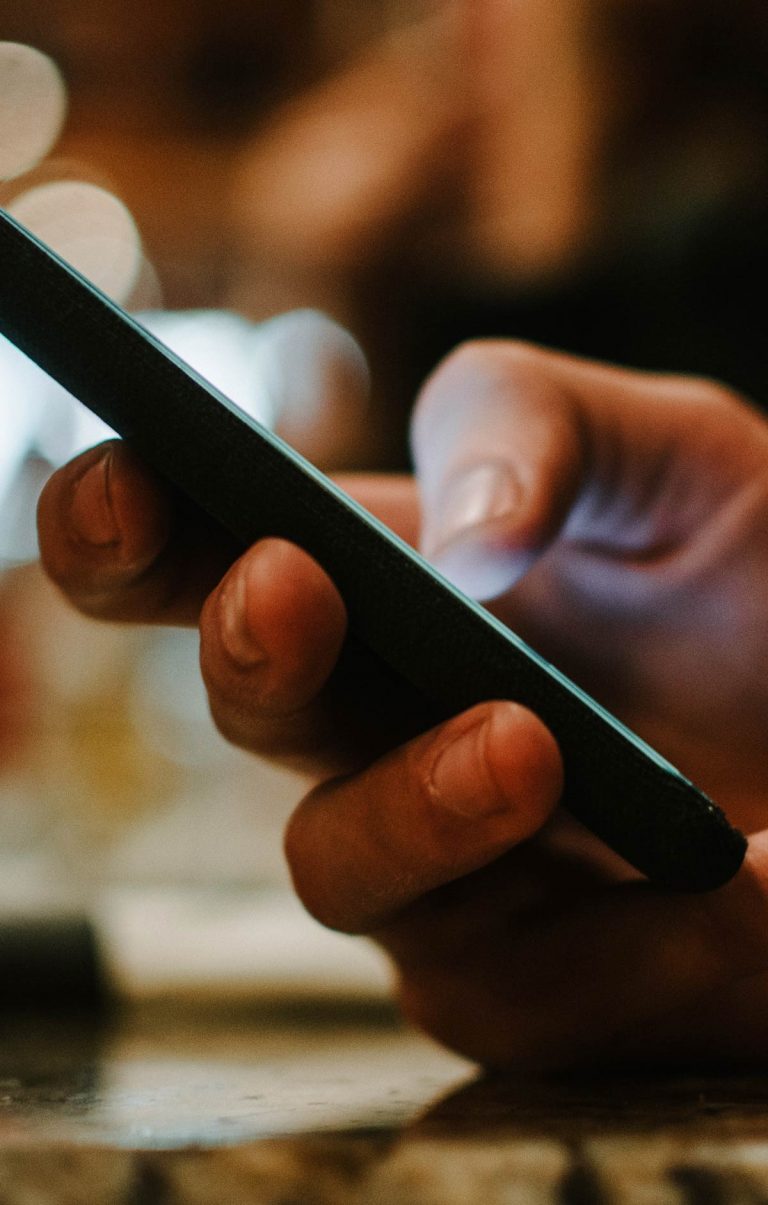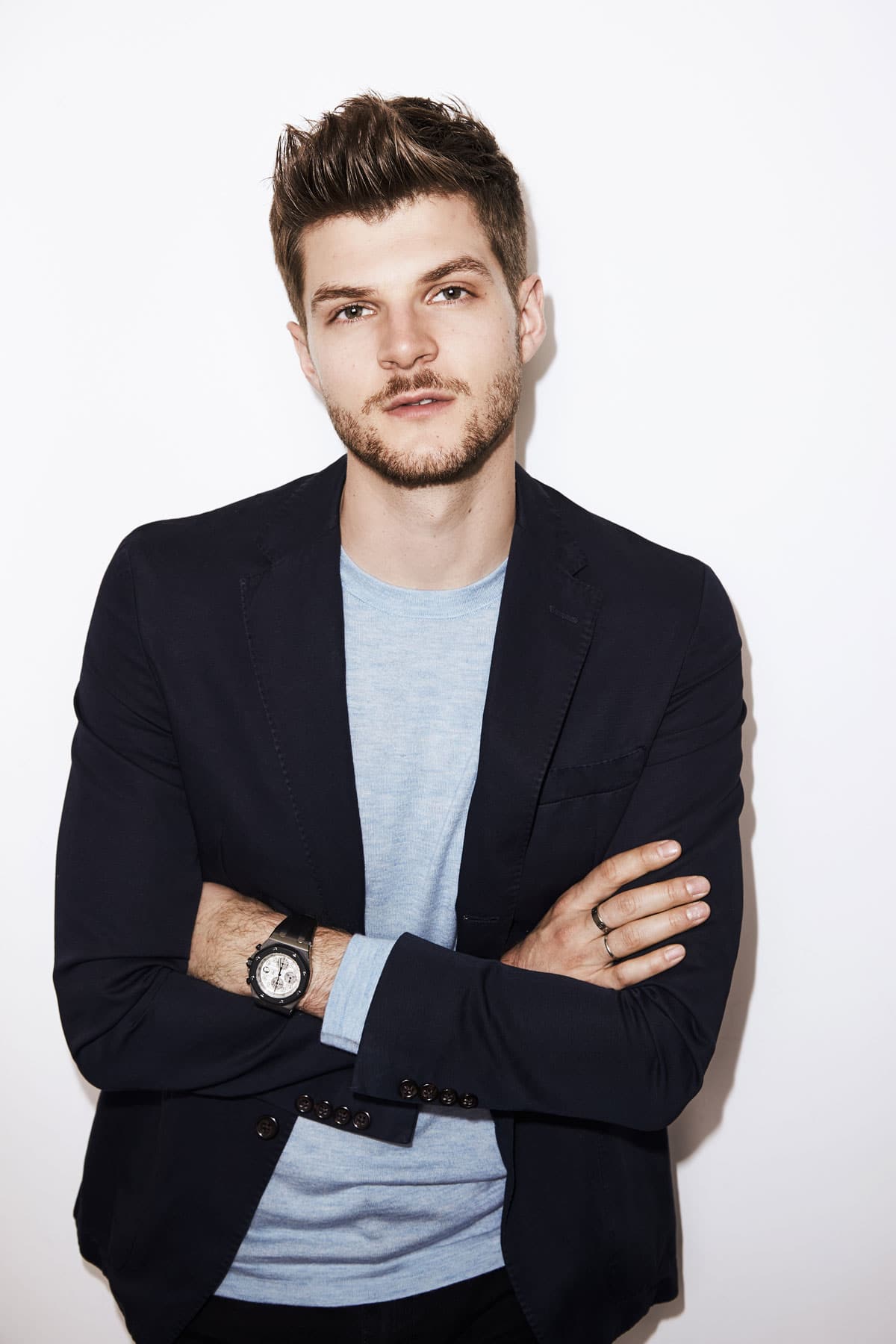
Opinion
As an influencer, I learned how to cope with online bullying. What about others?
By Jim Chapman
Opinion
As an influencer, I learned how to cope with online bullying. What about others?
By Jim Chapman
Published Nov 19, 2020 at 10:10 AM
Reading time: 4 minutes
Mental health
Nov 19, 2020
As one of the original ‘influencers’ (a label I still struggle with), I’ve been sharing my life online for a little over a decade. I started my journey on YouTube when it was still a fairly small website, I remember installing Instagram on my phone when it was virtually unheard of, and I’ve seen myriad other social media platforms rise and fall. Throughout my time on the internet, I’ve experienced many of life’s ups and downs, just like everyone else. Unlike everyone else, my journey has been self-documented, so I can look back at my video diaries that entertained millions of people and reminisce.
I was 22 when I started, and now, about to turn 33, I can step back in time and watch myself go through these moments whenever I wish. I bought a house, travelled the world, got married, worked on far many more ‘once-in-a-lifetime’ opportunities than that turn of phrase should allow. I lost my step-father to cancer, wrote a book, got divorced, branched out into traditional media, fell in love again, wrote a film, bought another house, did a stint as a presenter and am now engaged to be married for the second time.

It still blows my mind to look back on my adventures. It often feels like I’m watching someone else, and I believe, that for some people, this is where the problem begins. For my audience, I am someone else and we all judge other people. I’m the first to admit that I do it all the time. It’s totally natural, we just tend not to act on it because telling someone the negative opinions you have of them is socially unacceptable and will invariably cause more harm than good. However, when put in the context of social media, that judgement finds itself in a very unique position where people can say what’s on their mind from behind a username without seeing the hurt it causes and without fear of repercussion that a social faux pas will lead to.
Without exaggeration or embellishment, I am subject to hate comments, unwelcome opinions and online bullying on a daily basis, but I fully accept that it’s part of my job. I put myself out there and unfortunately, it comes with the territory but I count myself lucky that I was given the chance to grow a thick skin. When I started, the internet was a smaller, and much kinder place (at least it was to me). My audience seemed to love watching my escapades and the support I received was phenomenal. I could go weeks at a time without reading a single negative comment, but that has changed so much now that I find myself wondering if I’m looking back with rose-tinted glasses.
As social media has grown larger, it has also become more competitive as we all spend an increasing amount of our lives consuming other people’s existences. An unwelcome side effect of this is that the rates of online bullying have shot through the roof. Research by Ditch The Label found that this year alone, bullying has increased by 25 per cent.
Not everyone who is subject to this online hate has the coping mechanisms that I was given the time to develop and, as such, the consequences cannot be overstated. The negativity I receive built gradually and I was able to develop my hard exterior in response, but very few people have that benefit. I witnessed this first-hand when I started featuring my fiancé Sarah in my content. The majority of my audience were happy that I had found love again, but a small portion of them were very vocal about how Sarah would never compare to my ex. Some started rumours that I had cheated, others were cruel about her heritage, others still went further and began researching her so they could cut as deep and personal as possible.
Perhaps the worst thing I read was an individual who had so much hatred toward us both that she wished Sarah was infertile so we could never bring a child into the world. For the most part, this was water off a duck’s back for me, but for Sarah, who had never been exposed to it, it was crushing. Being with me was a bit of a double-edged sword for her in so far as, had she never known I existed she would have been free from this bullying, but by being with me, at least I was able to impart some of my experience that helped her deal with it.
With this in mind, although it’s shocking, unfortunately it’s not at all surprising that about half of those who experienced bullying in the last year say it has affected their mental health and around a third developed depression. There is a real and worrying negative correlation between happiness and time spent online. The problem is nuanced, complicated and very modern, but nobody can deny the evidence that bullying has a lot to answer to.
Social media is a wonderful tool that has allowed us to tap into other, like-minded people and to communicate with anyone in an instant. It has the ability to spark change in the world as we are all seeing with the Black Lives Matter movement and I owe my career to it. However, it’s also addictive and a tool that is all too easily manipulated, warped and twisted. That same ease of communication comes with a massive caveat that people can communicate whatever they wish, without accountability and that is something that needs to change.
For Anti-Bullying Week 2020, Screen Shot is supporting the anti-bullying charity Ditch The Label in its mission to raise awareness of the consequences of bullying and online abuse through our campaign Not Just a Comment, which features 6 inspiring change-makers who know first hand what it’s like to receive hate online. They shared with us the worst comments they receive as they come together to highlight the impact that words can have on each and every one of us. Read the facts, hear the comments, share with anyone who you think might be suffering from bullying and donate if you can to help support the incredible work Ditch The Label is doing. #NotJustAComment




